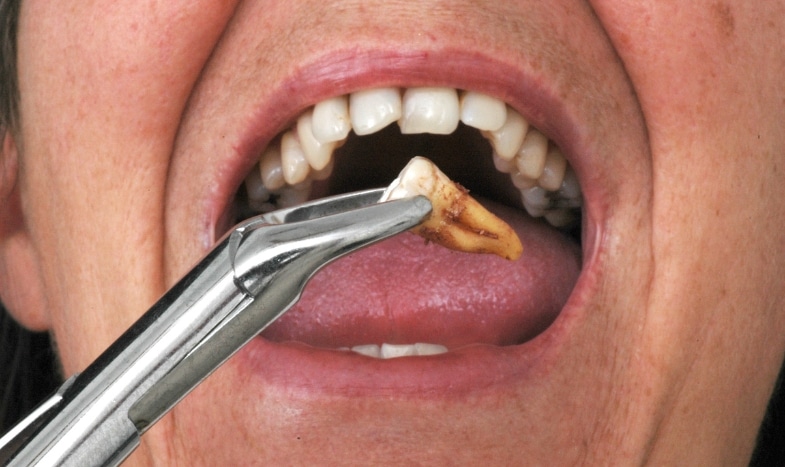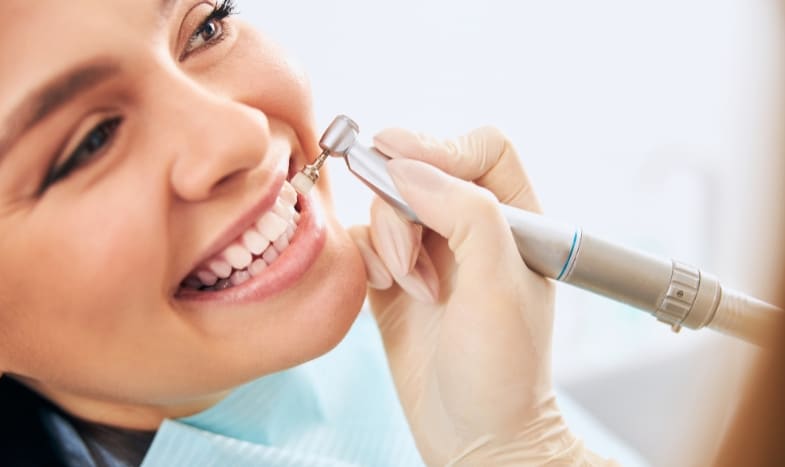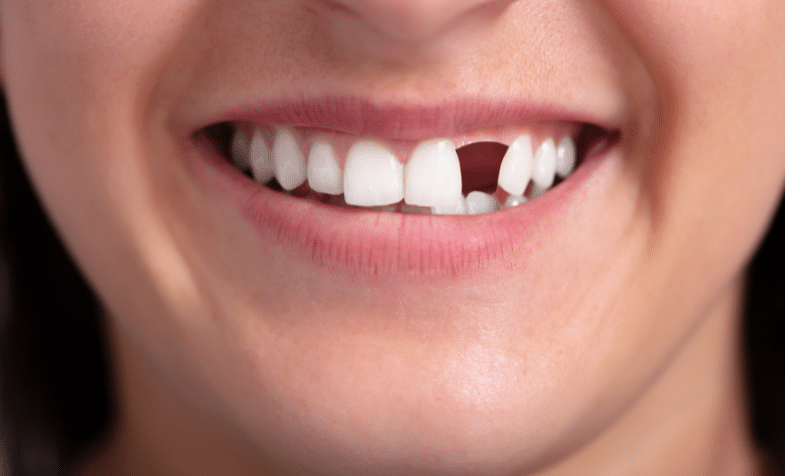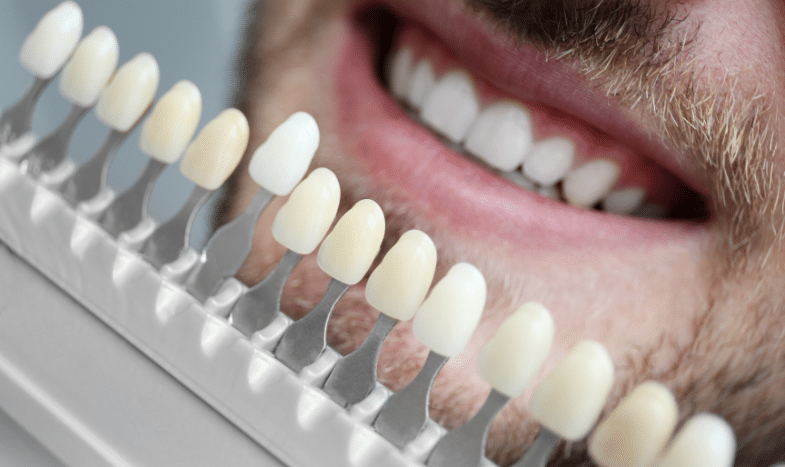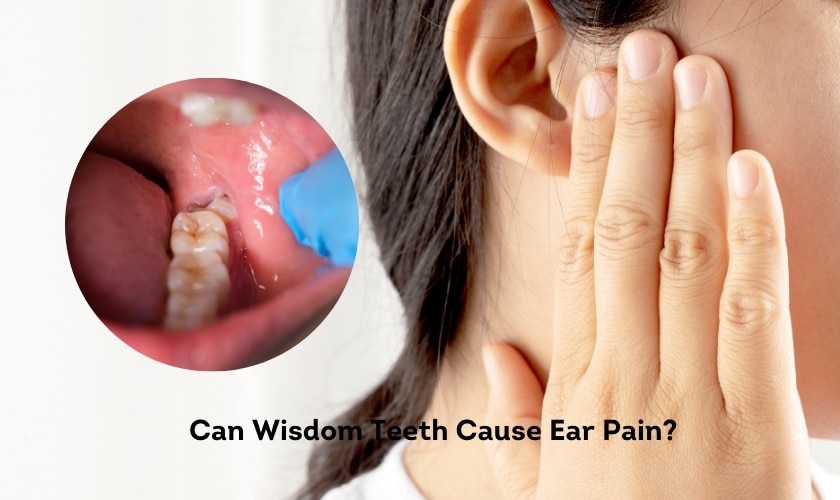
Can Wisdom Teeth Cause Ear Pain in Riverside
Wisdom teeth, those mysterious and often troublesome third molars, can erupt anytime between your late teens and mid-thirties. While some emerge smoothly, others get stuck or impacted, causing a cascade of discomfort. But here’s a surprising twist: Wisdom teeth can also trigger ear pain! Let’s unravel this connection and explore how these sneaky teeth might be behind your aural woes.
The Basics of Infected Wisdom Teeth
When wisdom teeth are unable to fully emerge through the gums, they become impacted, leading to various issues such as infection, pain, and swelling. Impacted wisdom teeth can trap food and bacteria, increasing the risk of infection and inflammation.
Common Symptoms of Impacted Wisdom Teeth
If you suspect you have an impacted wisdom tooth, here are some telltale signs to watch out for:
- Pain and swelling: The most common symptom is pain and swelling around the jawline, near the wisdom teeth.
- Difficulty chewing: Chewing can become uncomfortable or even painful due to inflammation.
- Redness and tenderness: The gums surrounding the wisdom teeth may appear red and tender to the touch.
- Bad breath: Food debris trapped around impacted wisdom teeth can contribute to bad breath.
- Difficulty opening your mouth: In severe cases, swelling can restrict your ability to open your mouth wide.
- Earache: As discussed further below, ear pain can be a surprising symptom of impacted wisdom teeth.
Symptoms of an Infected Wisdom Tooth
If you experience any of the following symptoms alongside the signs of an impacted wisdom tooth, it’s highly likely you have an infection:
- Throbbing pain: The pain around the wisdom tooth and jaw may become throbbing and persistent.
- Fever: A low-grade fever can indicate your body is fighting an infection.
- Swollen lymph nodes: The lymph nodes in your neck or jaw area may become swollen and tender.
- Unpleasant taste in your mouth: You might experience a pus-filled or metallic taste in your mouth.
Can Wisdom Teeth Cause Ear Pain?
Yes, wisdom teeth can cause ear pain, particularly when they become impacted or infected. The proximity of the wisdom teeth to the ear canal and surrounding nerves can lead to referred pain, where discomfort from the affected teeth radiates to the ear. It’s a very real possibility. Here’s why:
- Proximity: Wisdom teeth are located in close proximity to the jaw joint (temporomandibular joint, or TMJ) and the nerves that run to the ear.
- Inflammation: Inflammation and swelling caused by an impacted or infected wisdom tooth can irritate and put pressure on these nerves, leading to referred pain in the ear.
- Radiating Pain: Pain can sometimes radiate from the source of the problem to other areas, and in this case, the wisdom teeth can radiate pain to the ear.
How do I know if my tooth is causing my ear pain?
Since earaches can have various causes, differentiating between wisdom teeth and other potential culprits can be tricky. Here are some pointers:
- Accompanying symptoms: Do you experience any of the other symptoms of impacted wisdom teeth, like jaw pain, swelling, or difficulty chewing? If so, the wisdom teeth are more likely to be the source of your earache.
- Location of the pain: If the ear pain is concentrated near your jaw or radiates from that area, it further strengthens the case for wisdom teeth involvement.
- Dental examination: Your dentist can examine your wisdom teeth and surrounding tissues to determine if they’re the cause of your earache. X-rays or other imaging tests might be needed for a clearer picture.
Will Ear Pain Go Away After Wisdom Teeth Removal?
In many cases, yes! If your earache is indeed caused by impacted or infected wisdom teeth, removing them is likely to alleviate the ear pain along with the other symptoms.
However, it’s important to note that sometimes ear pain can linger for a short while after wisdom teeth removal. This could be due to residual inflammation or irritation of the nerves. If the earache persists for an extended period after wisdom teeth removal, consult your dentist or doctor to rule out any other underlying causes.
How Do You Relieve Ear Pressure From Wisdom Teeth?
While wisdom teeth removal is the ultimate solution for earaches caused by impacted or infected wisdom teeth, here are some temporary measures that might offer some relief:
- Over-the-counter pain relievers: Medications like ibuprofen or acetaminophen can help manage pain and inflammation, potentially reducing ear pressure.
- Warm compress: Apply a warm compress to the affected side of your face for approximately 15-20 minutes at a time. The warmth can help soothe the discomfort and promote circulation.
- Cold compress: For some people, a cold compress can be more effective. Apply it for short intervals wrapped in a thin cloth to avoid skin irritation.
- Saltwater rinse: Mix a teaspoon of table salt in warm water and gently rinse your mouth several times a day. This can help reduce swelling and promote healing.
- Elevation: Elevate your head with extra pillows while sleeping to help reduce pressure and inflammation in the jaw and ear areas.
FAQs
1. Can wisdom teeth cause earaches on both sides?
While less common, it’s possible to experience earaches on both sides due to impacted or infected wisdom teeth on both sides of the jaw.
2. Can wisdom teeth cause headaches?
Yes, wisdom teeth can trigger headaches, particularly due to inflammation and pressure in the jaw area.
3. What happens if I leave my impacted wisdom teeth untreated?
Leaving impacted wisdom teeth untreated can lead to serious complications, including infection, damage to surrounding teeth and nerves, and even jawbone deterioration.
4. How long does wisdom teeth removal recovery take?
Recovery time after wisdom teeth removal varies depending on the complexity of the procedure and individual healing rates. However, most people experience significant improvement within a few days and complete healing within a week or two.
5. Should I get my wisdom teeth removed even if they’re not causing any problems?
Consult your dentist for personalized advice. In some cases, even asymptomatic wisdom teeth might be recommended for removal as a preventive measure to avoid future complications.
Contact Inland Choice Dental Today
If you’re experiencing wisdom tooth pain, earaches, or any other dental concerns, don’t hesitate to schedule an appointment with Inland Choice Dental. Our experienced and compassionate dentist in Riverside will thoroughly examine your teeth, diagnose the problem, and recommend the most appropriate treatment course to restore your oral health and alleviate your discomfort.
Inland Choice Dental is dedicated to providing exceptional dental care for patients of all ages. Contact us today to schedule your consultation and experience the difference!
